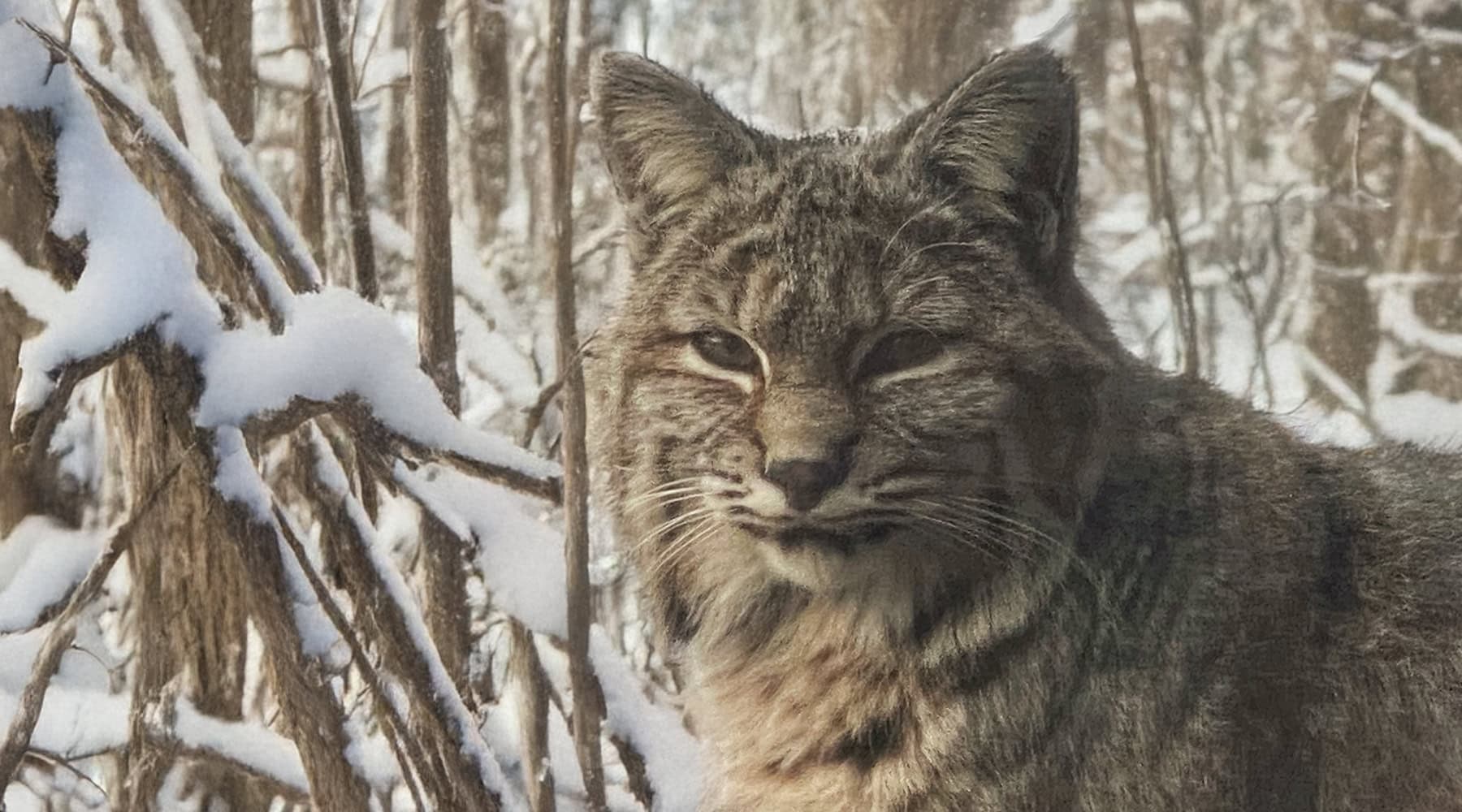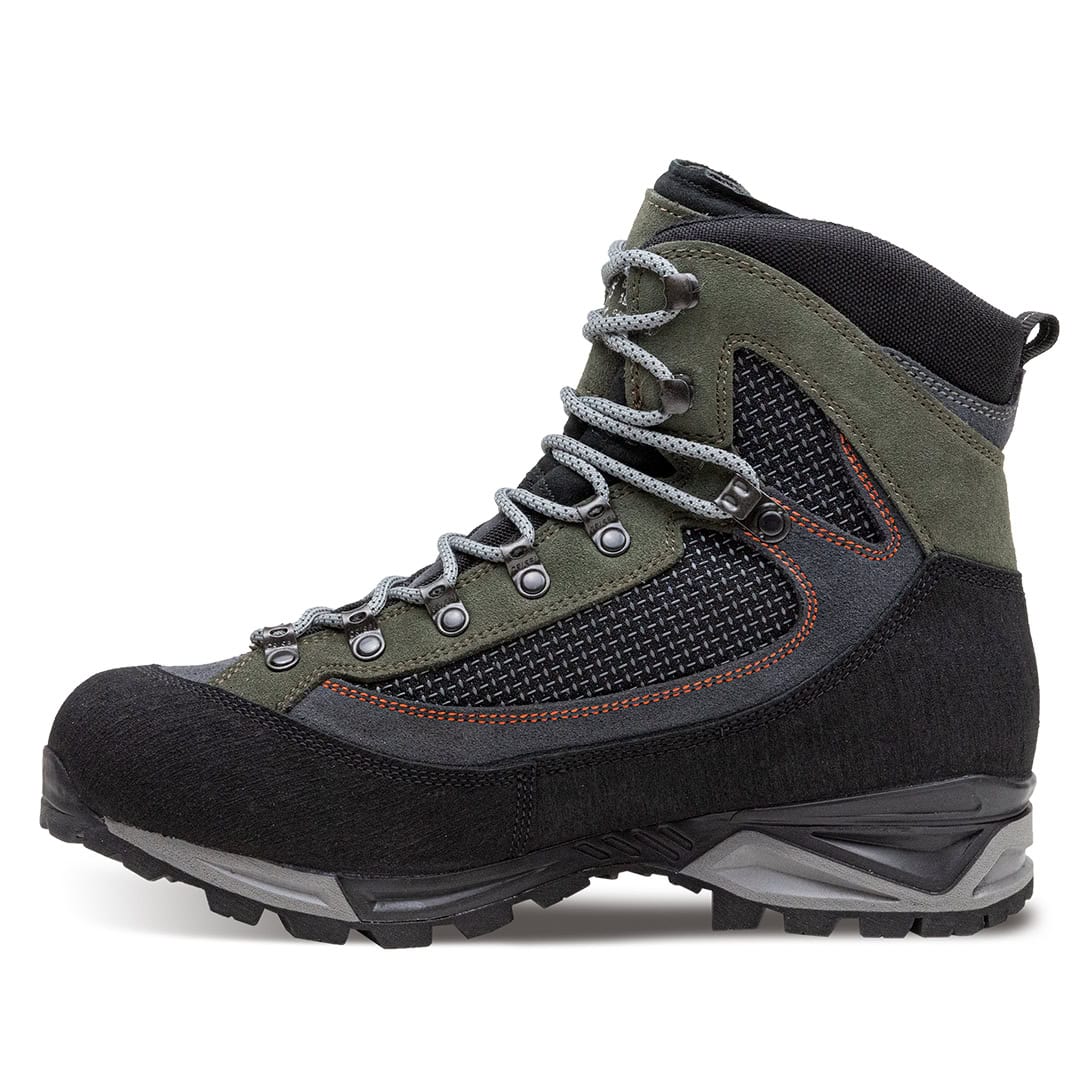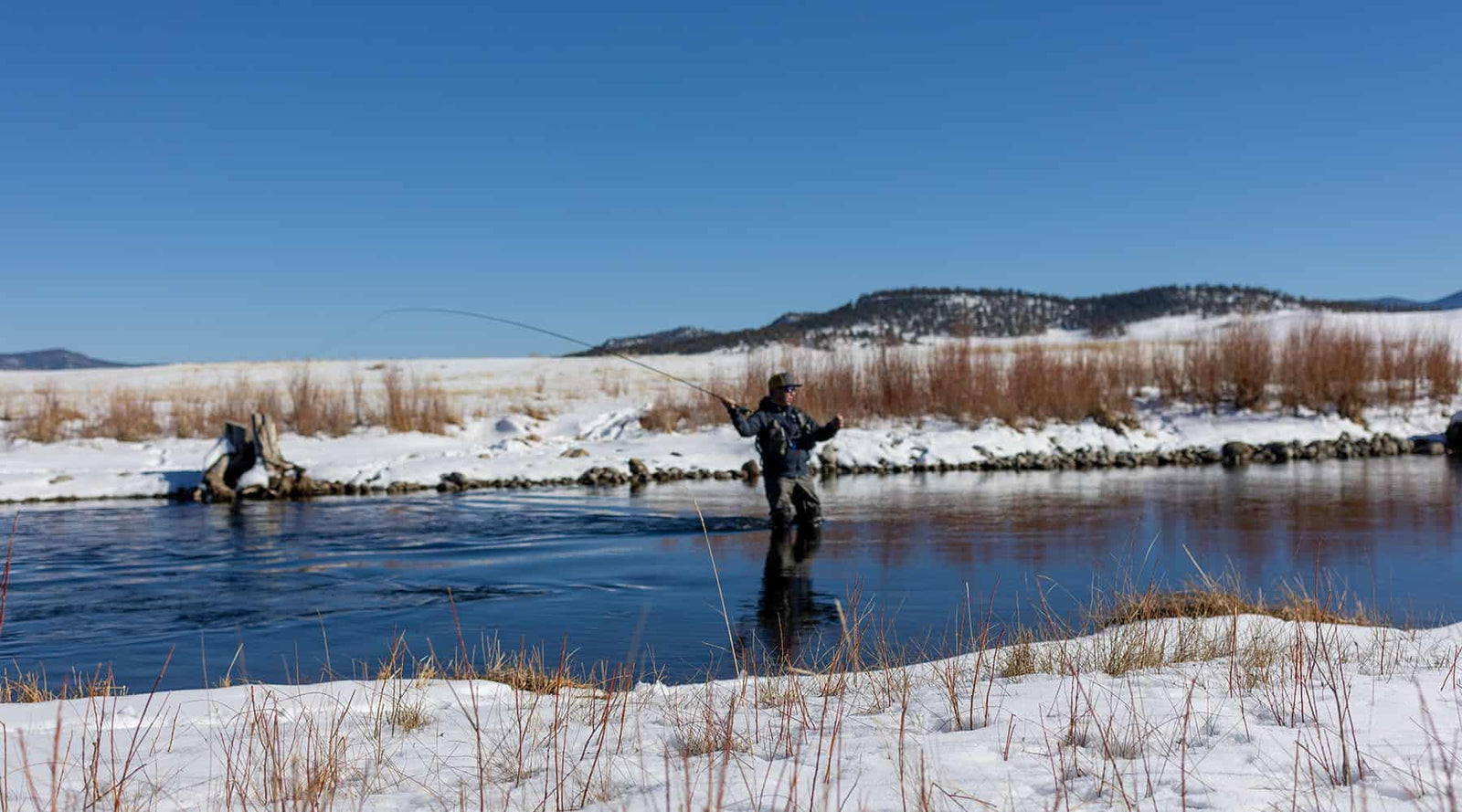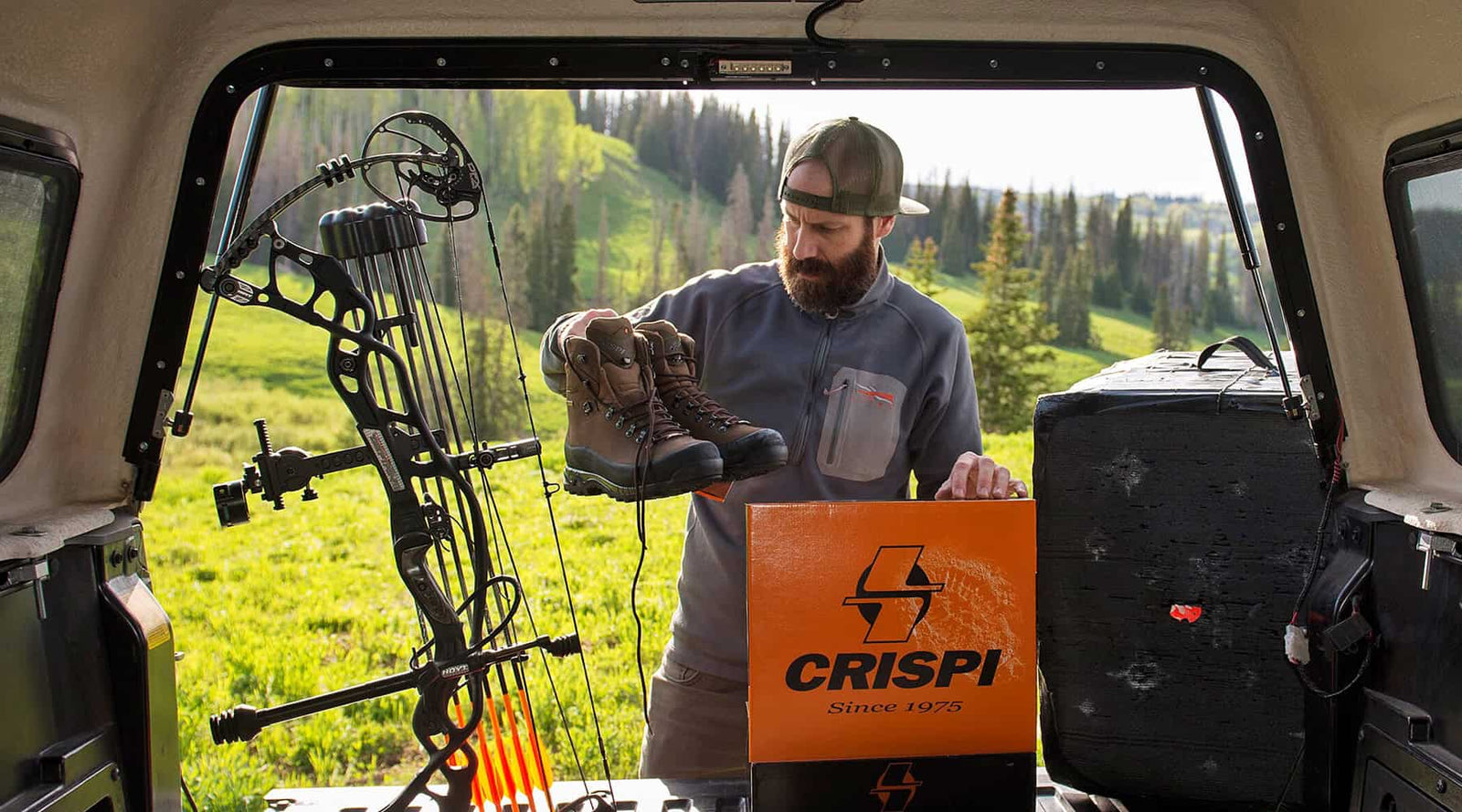
I feel like it's way too soon to be having to write about this again, but after looking back, it was actually back in early 2022 that Colorado Senate Bill 22-031 (creating a hunting ban on mountain lion, bobcats and the already Federally protected lynx) was introduced by anti-hunting advocates and was subsequently voted down in committee.
After seeing the success of utilizing the ballot box to force CPW to reintroduce wolves to Colorado in 2020, out of state anti-hunting advocates have adopted the same strategy alongside a misinformation campaign to successfully get a similar hunting ban onto the 2024 ballot as Proposition 127 (formerly Initiative #91).
Why is Proposition 127 bad for Colorado?
This proposition leverages disinformation, the misleading and emotional use of the term "trophy hunting", and a general public that is largely uneducated about how wildlife management works and is regulated in Colorado, to ban hunting of one of our big game species and a lesser targeted furbearer, while circumventing the paid experts of our state wildlife agency, Colorado Parks and Wildlife. The Lynx is already a non-hunted and federally protected threatened species and hunters' dollars are already contributing to the conservation and expansion of the population here in Colorado.
- Supporters of Proposition 127 claim that it is simply a prohibition on the trophy hunting of mountain lions and bobcats. Unfortunately, the general public does not know that the practice of trophy hunting is already illegal in Colorado.You cannot kill an elk simply for its antlers or a bear for a hide, and hunters understand, abide and fully support this. By law, all edible portions of big game animals must be consumed as a part of a harvest. In reality, Proposition 127 would prohibit all hunting of mountain lions and bobcats, which would have significant consequences for the future of Colorado’s wildlife management policies while robbing countless Coloradans of their opportunity to hunt the big game species of their choice.
- This ballot measure would require Colorado Parks & Wildlife to upend their current management plan for both mountain lions and bobcats. Not only this, but the agency would also likely have to change how they manage other wildlife species such as deer and elk, due to the likely increase in predator populations. This ballot measure would create a cascade effect that would require changes to wildlife management procedures and fiscal policies that may do more harm than good. Decisions about science-based management efforts should be rooted in science, NOT emotions and the ballot box.
- If Proposition 127 passes, these predator populations would have the ability to increase at an unchecked rate, posing a threat to people, pets, property, livestock, and other wildlife populations. A few years ago, mountain lions killed nearly two dozen dogs between Black Hawk and Nederland. Because of the very checkered private property parcels in this area, little to no mountain lion hunting can occur, an example of what could happen state-wide if hunting was removed as a management tool.
- Fees collected from mountain lion and bobcat hunting contribute to Colorado’s state parks and conservation efforts, and provide salaries for scientists and wildlife professionals. Officials estimate that if the proposition passes, the agency will lose out on roughly $270,000 in revenue from mountain lion license fees. They also expect to incur $70,000 in expenses to update rules, provide outreach and education to the hunting community, address additional human-lion incidents, and to update websites, licensing documents, etc.
But I don't hunt wild cats, or hunt at all. Why should I care?
This bill would set a precedent that would start the unraveling of Colorado's longstanding hunting traditions and undermine the proven North American Model of Wildlife Conservation, including the science based wildlife agencies such as Colorado Parks & Wildlife that have sustainably and effectively managed our wildlife species for over 125 years.
If this approach continues to be used to set policy for managing our wildlife, there is nothing to say that other big game hunting, and yes, even fishing, couldn't be targeted with the same tactics.
Additional FAQs from CPWI haven't heard of anyone eating Mountain Lion before. Is it normal?
There aren't nearly as many people that hunt mountain lions and bobcats as there are the hundreds of thousands that hunt deer and elk in Colorado annually, so it's not surprising that you haven't met someone that has harvested and eaten a lion (~500 a year are harvested in Colorado). The fact is that consuming mountain lion and bobcat meat are common practices. As a Big Game animal, Colorado state law requires hunters to prepare all edible parts of a harvested mountain lion for human consumption to ensure the animal does not go to unnecessary waste. Eating mountain lions and bobcats is just like consuming any other animal product: it is perfectly safe so long as it is prepared correctly. If you've ever had an opportunity to try Mountain lion meat you already know that it is similar to pork in texture and color.
By law, under Title 33 C.R.S, hunters are required to prepare lion (big game) for human consumption, and hunters and trappers are required to present the head and hide of lions and the hide of bobcats for mandatory checks. Colorado Parks and Wildlife Regulations in Chapter W-3, Article II provide the full requirements for mandatory checks and seals.
Colorado Parks and Wildlife Regulations, Ch. W-0, Article XI mandate that for any wildlife taken under the authority of §33-6-119, C.R.S., all edible portions of game wildlife taken under the authority of a license shall be properly prepared to provide for human consumption. This applies to all big game species, including mountain lions.
Colorado statute §33-6-119 also prohibits any person from “failing to reasonably attempt to dress or care for and provide for human consumption the edible portions of game wildlife,” including mountain lions. Misdemeanor charges may result in fines and license suspension points.
Colorado law also currently prohibits any person from committing “wanton waste.” of game per § 33-6-117 C.R.S.:
I've seen videos of Mountain Lions being hunted with dogs. Isn't that cruel?
Actually, the use of hounds makes for a more precise, quick and ethical harvest.
Colorado’s lion seasons and regulations are designed to limit harvest of female lions. Lion kittens and females with kittens are protected from harvest. Unlike longer or year-round seasons in some states, Colorado’s lion winter season timing is a further protection to females with young. Since lions are almost always hunted in the snow, and the killing of adult female lions accompanied by kittens is prohibited, hound hunters do not typically pursue lions associated with multiple sets of tracks, as those are likely females and kittens.
As noted above, hound pursuit also allows hunters to release lions, often single female lions. These steps all protect breeding adult females, the engine driving lion populations. Lower female harvest rates are part of CPW’s strategy for stable lion population management.
If adult female lion thresholds were ever surpassed, CPW would take steps to reduce overall harvest limits the following years to further decrease harvest through its annual review process.
Additional Facts about Mountain Lions in Colorado
The following are a few interesting statistics regarding Mountain Lions and their historical management through Colorado Parks and Wildlife.
- Mountain Lion populations have been actively managed by CPW since 1965
- Latest scientific estimates and data put the Mountain Lion population at ~4000+ adults
- Mountain Lions are not classified as a traditional predator, but as a big game animal, which means their numbers are actively managed very closely and have set open seasons with statewide harvest limits and targets. To even obtain a mountain lion hunting license requires passing an extra mountain lion education exam in addition to a standard hunter's safety course.
- At a state level, the mountain lion population is considered stable, and existing wildlife management strategies are considered a success.
- Only 13% of the state's mountain lion population is actively hunted every year.
- Over 40% of prime mountain lion habitat is already not hunted, due to urban proximity and private land closures.
- In 2020, there were 868 reported human/mountain lion incidences.
What long term impacts could Proposition 127 have?
Unfettered growth of wild feline populations will lead to over-predation of available wild prey, leading to significant localized prey population declines, which may already be stressed due to climate and CWD effects. Ultimately this will lead to wild cats turning to more domestic prey depredation, and ultimately a possible increase in human-wildlife conflict in the Wildland/Urban interface.
It is our belief that wildlife management in Colorado should be left to Colorado Parks and Wildlife and the Governor appointed Wildlife Commission. We believe they will make science-based management decisions using the most accurate and up to date data available. This trend of setting wildlife management policies by leveraging uninformed voters and misinformation needs to stop.
How can you help defeat Proposition 127
We urge hunters, anglers, and fellow conservationists to vote NO for Proposition 127 on their 2024 ballot. If you do not live in Colorado, please contact friends and family and anyone else you do know in Colorado and help educate them on the issue.






